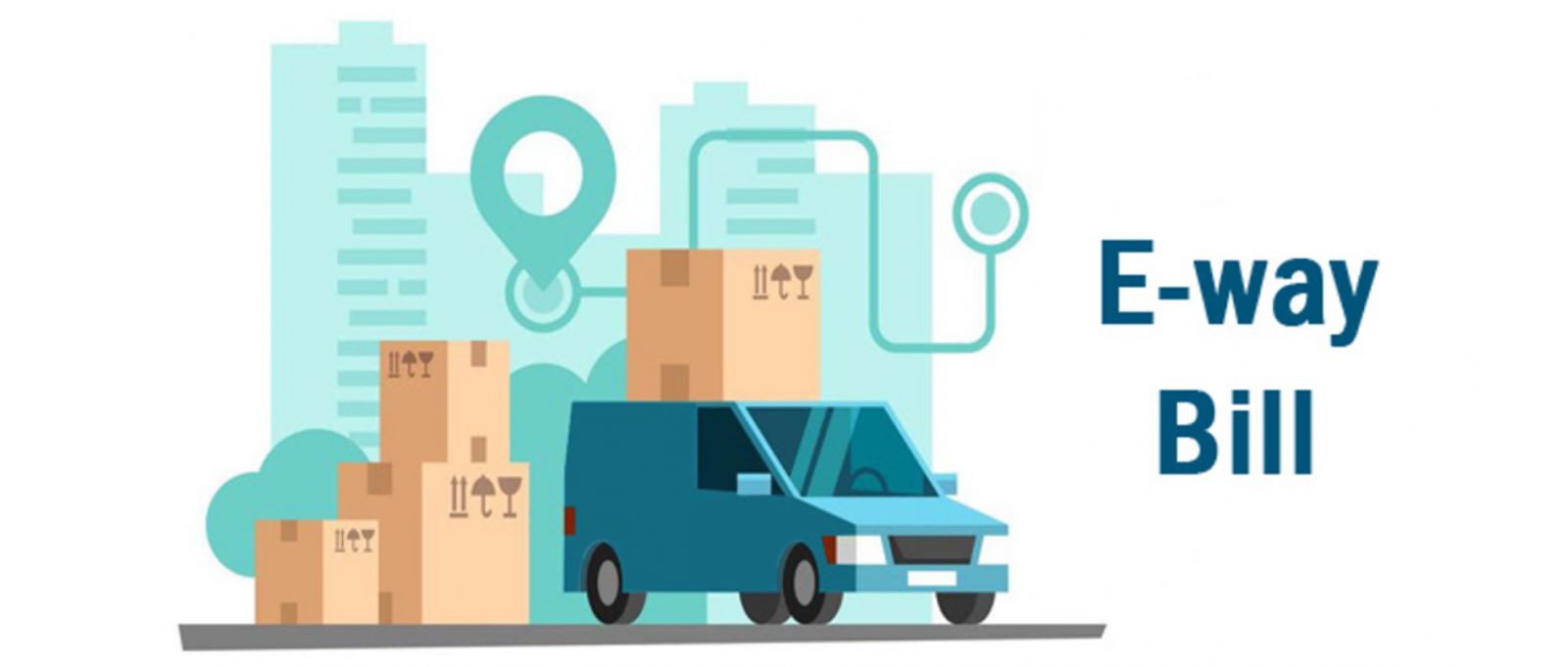
GST EWAY BILL
An e-way bill, short for Electronic Way Bill, is a digital document that plays a crucial role in tracking the movement of goods. It's particularly significant within the framework of the Goods and Services Tax (GST) system. This bill becomes mandatory when goods valued over Rs. 50,000 are transported by an individual or entity registered under GST. GST eWay Bill should be generated before the commencement of the transportation of the consignment.
What is an e-Way bill?
An E-way bill, short for electronic way bill, is essential for the movement of goods in both inter-state and intra-state transportation under the GST regime.
An E-way bill is an electronic document generated on the e-way bill portal (ewaybillgst.gov.in), which serves as proof of the movement of goods. It acts as a digital compliance tool under the GST framework, where the consignor or seller inputs relevant information about the goods before they are transported and generates an e-way bill on the GST portal.
The E-way bill includes important details such as:
- Name of the consignor
- Name of the consignee
- Origin of the consignment
- Destination
- Proposed route
According to GST regulations, any person registered under GST who initiates the transportation of goods with a consignment value exceeding Rs. 50,000 must provide details of these goods in an E-way bill before the goods begin their journey.
The requirement for an e-way bill is mandated under Section 68 of the CGST Act and further detailed in Rule 138 of the CGST Rules, 2017.
The requirement to use an e-way bill for interstate supplies came into effect on April 1, 2018. It was extended to intrastate supplies in certain states (Arunachal Pradesh, Madhya Pradesh, Meghalaya, Sikkim, and Puducherry) starting April 25, 2018.